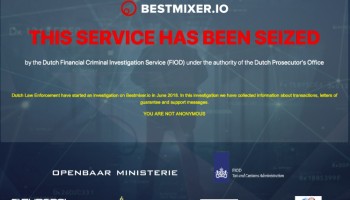In recent years cyber crime has reached new levels of organization, taking the form of organized crime, with well-defined hierarchy and roles for its members. Rapidly evolving technologies have allowed it to reach further than before.
Referring to these changes as the “industrialization of cybercrime,” Europol explains that cyber criminals of today “can draw on an entire supporting infrastructure of criminal service providers – from web hosting to generating credit card verification data.” Targeted cyber attacks are now easier, due to the abundance of personal data on social networks. These attacks are referred to as “spearphishing.”
Cyber criminals use hijacked servers all over the world to cover their tracks and identities, “moving” from one country to the next in seconds. This makes joint effort and real-time communication between law enforcement agencies in the global community crucial in the fight against cyber crime.
Europol is expecting cyber crime strategies to evolve rapidly, especially since more services and data – from banking to personal medical information – are now online and vulnerable to hacking.





